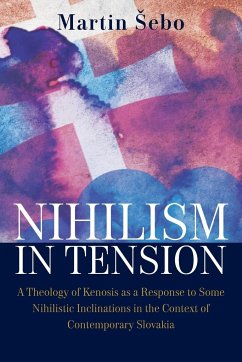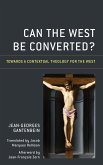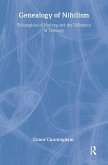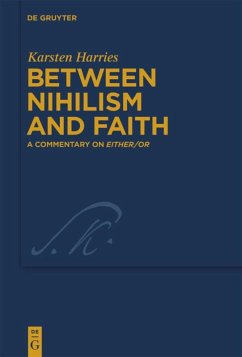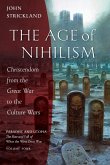One of the pastoral problems of religiosity in Slovakia today is that contemporary Christianity is pervaded by nihil-inclinations. Such inclinations manifest themselves in the loss of orientation and meaning, and a disinterest in Christianity, which has by and large remained on a doctrinal, moralistic, and ritual level without offering a constructive faith response to the 'signs of the times'. This dissertation argues that nihilism is not an entirely negative or morose concept that leaves behind a void or abyss without values, rendering this world meaningless. Nihilism as such is not an absolute (demonizing) danger; rather, it is the failure to adequately engage it that constitutes the pro-nihilizing threat. My analysis of nihilism begins with Nietzsche. In analyzing his texts, I propose my own interpretation of his nihilism. Because of the tensive state of Nietzsche's nihilism, which on the one hand lacks a firm ground of higher values, and on the other, exhibits a recurring tendency to return to these values, I refer to this state as 'nihilism-in-tension'. I suggest that 'nihilism-in-tension' may be conceived as the condition of thought that bears some resemblance to divine kenosis. I argue that kenosis is an appropriate epistemological instrument to disclose the mechanism or unknown function working within 'nihilism-in-tension', and may be described through a transformative kenotic formula ('pro-kenotic-nihil'). To reveal this mechanism, I employ the experiential theory of the sublime as the vantage point from which to uncover the inner constituents of kenosis and 'nihilism-in-tension'. Here I argue that the event which imparts transformative meaning to 'nihilism-in-tension' is the radical imitation of the deepest Christian mystery exemplified in the kenotic life of Christ. This may be expressed in the following formula: nihil and its kenotic radicalization (maximization of nihilism) = annihilation of nihil (negation of nihilism). To apply this mechanism to ecclesial life, I introduce the nada of John of the Cross and the "weak thought" of Gianni Vattimo as two modalities, spiritual and philosophical, that can translate the postmodern condition of 'nihilism-in-tension' into a practical pursuit of wisdom and right relationship. The former transmutes the nihil of 'nihilism-in-tension' from nada to todo, or from self-emptying to union with the divine. The latter transforms the nihil of 'nihilism-in-tension' through the philosophy of "weak thought," which calls for tentative and non-foundational modes of thought and a weakening of immutable structures. I demonstrate that nada and "weak thought" are appropriate instruments for "weakening" authoritarian church structures and reinterpreting (or rewriting) the tradition in kenotic, inclusive, and dialogical forms. This study demonstrates that the kenotic movement of the nihil of 'nihilism-in-tension' into the nihil of kenosis, or fructifying todo, is a potential pastoral instrument to address the problem of nihil-inclinations in the religious context of Slovakia. It attempts to give some orientation to the local Church by raising awareness of its kenotic origins, and offering its theological, spiritual, and philosophical apparatus to approach the problem.
Hinweis: Dieser Artikel kann nur an eine deutsche Lieferadresse ausgeliefert werden.
Hinweis: Dieser Artikel kann nur an eine deutsche Lieferadresse ausgeliefert werden.

